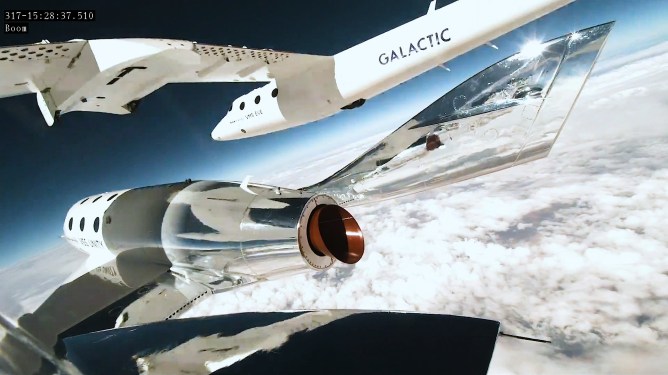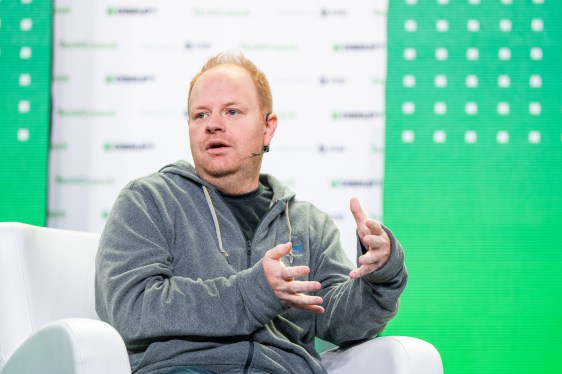Scaling Production of Next-Gen Suborbital Spaceplanes
In a move to reduce costs and increase efficiency, Virgin Galactic is cutting its workforce by 18% or approximately 185 employees. This decision comes as the company focuses on scaling production of its next-generation suborbital spaceplanes, known as Delta.
Uncertainty in Capital Markets and Geopolitical Unrest
According to a memo sent to staff by Virgin Galactic CEO Michael Colglazier, uncertainty in capital markets and geopolitical unrest have made "near-term access to capital much less favorable." This has led the company to reevaluate its financial position and make significant cost-cutting measures.
Prioritizing Delta Ship Production
The Delta ships are designed to be more efficient and cost-effective than Virgin Galactic’s current fleet. With a standardized production model, they will be capable of flying up to 400 times per year, making them crucial to the company’s plans for commercial success.
Reducing Flights of VSS Unity
To focus on Delta ship assembly, Virgin Galactic has announced that it will reduce flights of its current suborbital spaceplane, VSS Unity, to once per quarter. The company aims to pause production in mid-2024 to concentrate on Delta ship development.
Financial Position and Future Plans
Virgin Galactic’s financials have been a concern for investors, with the company reporting a net loss of $104.6 million at the end of the third quarter and $1.7 million in revenues. However, the company ended the quarter with approximately $1.1 billion in cash and securities.
Colglazier emphasized that the Delta ships are "powerful economic engines" and that Virgin Galactic needs to extend its financial position and reduce reliance on unpredictable capital markets. The company aims to bring Delta into commercial service by 2026, but this goal will likely require significant investment.
Impact of Layoffs
The layoffs announced by Virgin Galactic will result in an annual cost savings of around $25 million. While this may seem like a significant reduction, it is worth noting that the company has already invested millions in research and development for the Delta fleet.
Conclusion
Virgin Galactic’s decision to cut costs and reduce staff by 18% highlights the challenges facing the space industry as companies navigate complex financial landscapes. By prioritizing Delta ship production and reducing reliance on unpredictable capital markets, Virgin Galactic aims to secure a sustainable future for its next-generation suborbital spaceplanes.
Related Topics
- Layoffs: The impact of job cuts on employees and the company’s future plans.
- Space: The latest developments in space technology and exploration.
- Virgin Galactic: News and updates about the space tourism company, including its financial performance and strategic decisions.
External Links
Additional Information
For more information on Virgin Galactic’s financial performance, please refer to the company’s quarterly earnings reports. For updates on the space industry and related news, follow reputable sources such as TechCrunch and SpaceNews.
Sources
- "Virgin Galactic CEO Michael Colglazier Memo" (internal document)
- "Virgin Galactic Third Quarter Earnings Report" (publicly released document)
- Aria Alamalhodaei (TechCrunch reporter)
This article provides an in-depth look at Virgin Galactic’s decision to cut costs and reduce staff by 18% as the company focuses on scaling production of its next-generation suborbital spaceplanes. The impact of this move will be significant, both for employees affected by layoffs and for the company’s future financial prospects.



